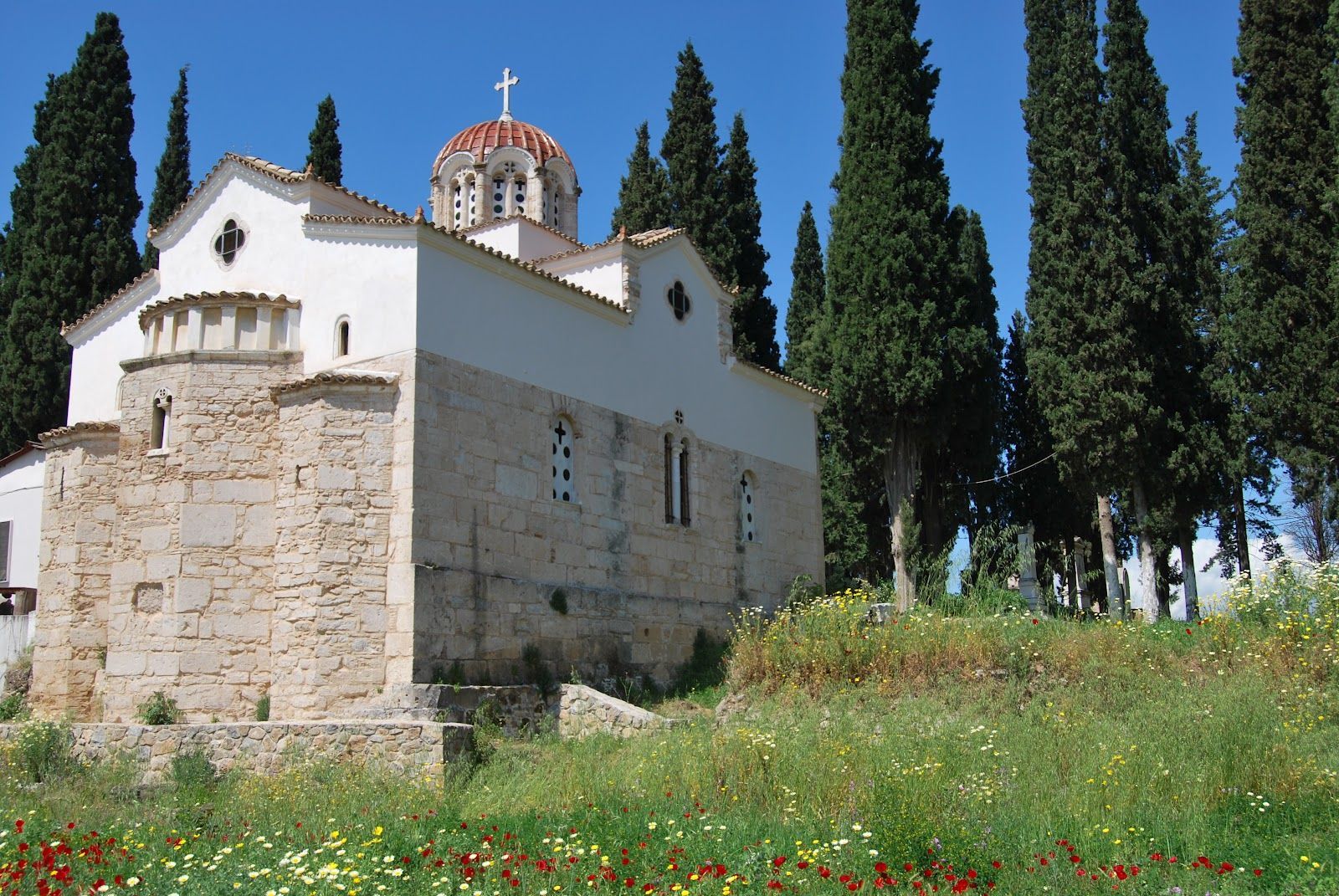Message of Abbot Paul - Wednesday 18th October 2023
Abbot Paul • October 17, 2023
Many of you will have visited Venice, and even if you haven’t, you will know that the evangelist St Mark is buried in the famous cathedral there. But how many are aware of the fact that in the historic university city of Padua 30 miles or so inland, in the magnificent abbey church of the Benedictine monastery of Santa Giustina, you will find the tomb and shrine of the evangelist St Luke? I suppose that the popular fame of Padua’s other saint, the Franciscan St Anthony (who was, in fact, Portuguese), overshadows the presence of St Luke not 300 metres away from the colourful Basilica of St Anthony. However, in Thebes, Greece, there is also a tomb in the small church dedicated to St Luke which is said to contain his relics.
Today we keep the feast of the evangelist St Luke, author not only of the Gospel that bears his name but also of the Acts of the Apostles, the Good News that continues in the life of the disciples and apostles of Jesus, the life of the early Church. The Gospel passage designated for his feast is taken from his Gospel, (Lk 10: 1-9), and contains the instructions given by Jesus to a group of over seventy disciples he sent out on the mission to prepare towns and villages for his coming. “The Lord appointed seventy-two others and sent them out ahead of him, in pairs, to all the towns and places he himself was to visit.” This number reminds us of the seventy helpers chosen by Moses in the Book of Exodus. Their task is to prepare their hearers for the coming of Jesus. The Word always prepares for the coming of the Sacrament.
The Greek word apostle, which we transliterate into English, derives from the verb for to send, ἀποστέλλω. An important detail is that Jesus sends them in pairs and not alone, for safety among other reasons. He gives them very strict instructions. “The harvest is rich but the labourers are few, so ask the Lord of the harvest to send labourers to his harvest. Start off now, but remember, I am sending you out like lambs among wolves. Carry no purse, no haversack, no sandals. Salute no one on the road. Whatever house you go into, let your first words be, ‘Peace to this house!’ And if a man of peace lives there, your peace will go and rest on him; if not, it will come back to you. Stay in the same house, taking what food and drink they have to offer, for the labourer deserves his wages; do not move from house to house. Whenever you go into a town where they make you welcome, eat what is set before you. Cure those in it who are sick, and say, ‘The kingdom of God is very near to you.’” The number is probably a reflection of the elders of Israel, chosen by Moses to receive the spirit of prophecy, (Numbers 11; Deuteronomy 21). Luke himself tells us that the instructions are “very strict.” This sending forth of a large number of apostles and evangelists is probably a reference to how the early Church evangelised the known world at the time of Luke. There was then, as now, a desperate need for missionaries and pastors, hence the need to pray for vocations, labourers for the harvest of souls. They were to rely solely on Divine Providence for all things: safety, guidance, lodging, food and drink; and they were to heal as well as preach the coming of Jesus and the coming of his kingdom. Their message was to be one of peace and hope. “The kingdom of God is very near to you.”
Lord, we thank you for the life and work of St Luke and for his extraordinary inspiration and gift of writing with such clarity and beauty. Through his Gospel and the Acts of the Apostles, may we come nearer to you each day and so be enthused to preach the Gospel ourselves as well as pray for vocations. The harvest might be rich and the labourers few, but you have sent them to gather in the harvest and they should not lose heart, and neither should we. Strengthen our faith with the Spirit of Jesus. Amen.












